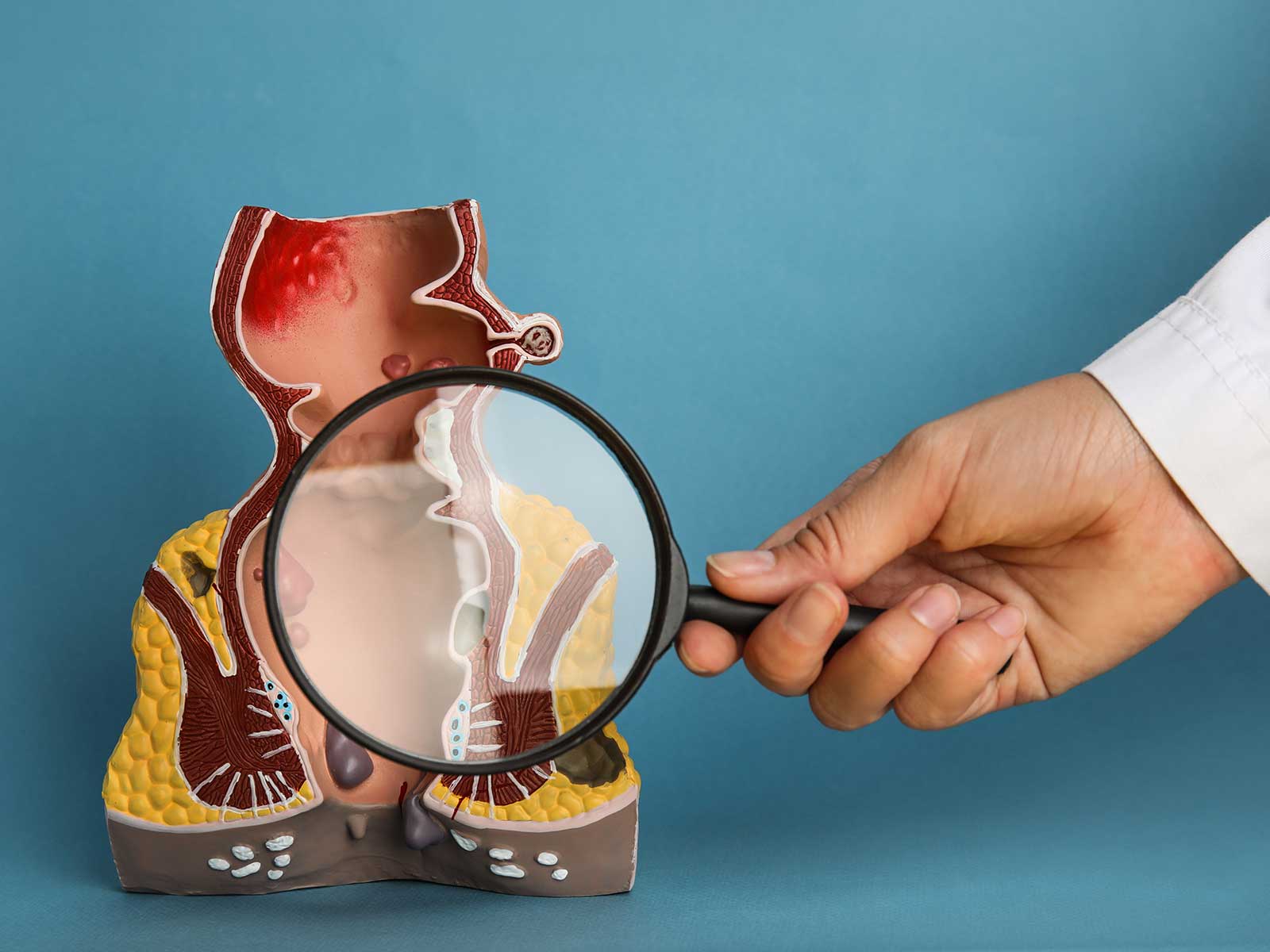
Cardiac cirrhosis- this is a cirrhosis that is caused by chronic heart failure. In situations whereby the blood cannot be pumped by the heart appropriately, the pressure fills the liver (also called congestive hepatopathy) which kills the liver cells in the long-term, making them hard and ineffective. This is compared to the alcoholism caused and hepatitis viral caused cirrhosis.
The symptoms do not appear very noticeable during the first stage, however, they are likely to manifest themselves, the congestion of the liver increases:
Cardiac cirrhosis occurs when the liver has been destroyed as a result of high-pressure in the liver. The underlying causes may be of the heart related nature that is usually inclusive:
GastroDoxs is where we apply the best knowledge in the areas concerning liver and heart disorders and we are caring to the patients. Whether it is the personalized attention and dietary advice to easily integrate with your cardiologist, our personnel in Houston is determined to provide clear responses, frequent follow-ups and results.
Ready to take the next step? Book your appointment on-line or call us now 832-476-1649. Your liver and heart shall be taken care of as much as we may-we will get you down to the road towards a healthier you.
We've successfully treated more than 1.5K patients, helping individuals improve their digestive health and overall well-being through expert, personalized care.
With over 20 years of experience, GastroDoxs has been a trusted provider of gastroenterology care, focusing on delivering the best outcomes for patients
The most frequently used codes are I85.4 that comprises of esophageal varices and liver congestion, and K76.89 that comprises of other specified liver disorders. The provider will choose the most appropriate code that is applicable to your condition.
Congestive hepatopathy or cardiac cirrhosis is caused by chronic heart failure since it increases the liver pressure. The other types of cirrhosis are normally associated with toxin (including alcohol) or virus (hepatitis) infection.
The heart ailments are treatable and can be detected early enough before they cause permanent damages to the liver because the liver and the liver congestion would be well addressed since the heart will be working well. The success level and time taken in cardiac and liver complications dictate the final success.
The heart or the liver dysfunction determines a life expectancy. Many patients have the opportunity to obtain improved long-term outcomes, which guarantee improved outcomes in terms of fast and integrated care and frequent follow-ups.
The first one is the diagnosis and it entails the blood tests conducted to gauge liver works and liver enzymes. Congestion can be detected by using imaging studies like ultrasound or by MRI. In distant situations, a liver biopsy will make the diagnosis.
Low sodium diet is beneficial in getting rid of the fluid retention. We also make sure that the quantities of protein and calorie needs in your body are brought down to those of liver without straining the heart too much.
Yes. Having a hepatology and the cardiologist coordinating would be of importance so as to take care of all the heart and liver complications in the most appropriate way. You have a group of heart workers at GastroDoxs that we are dealing with.
The follow up visits are normally arranged by the end of every three or six months. In the event of the emergence of a change of the symptoms or complications, we might recommend an increase in the frequency of the monitoring.
Perhaps, diuretics might also assist to relieve the existence of the accumulation of the fluid yet, the functions of the kidney and liver should be monitored such that the imbalance of the electrolytes and other side effects could be prevented.
All our services are coded under the right ICD-10 and most of the insurance covers are accepted. During the visit, we would be in a position to check not only your coverage, but also your out of pocket expenses in advance to prevent you from not knowing what to expect.